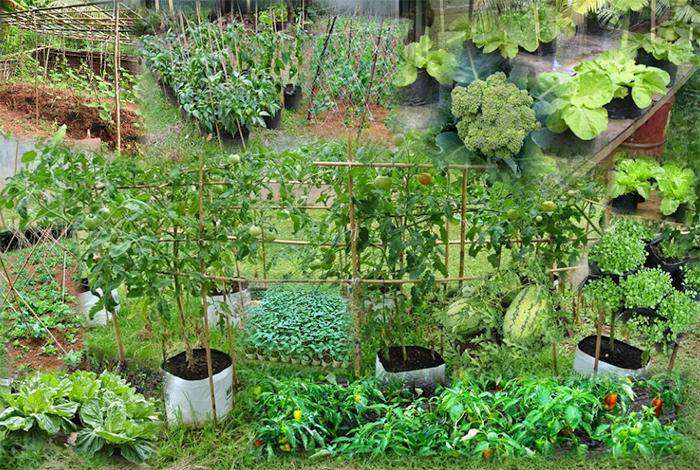COLONIA, YAP, FSM. Dr. Murukesan Krishnapillai, Researcher/Extension Specialist, Yap Agricultural Experiment Station.
Ethnic neighboring island communities of Yap and its 14 atoll islets in the Western Pacific are among the most economically disadvantaged and environmentally vulnerable groups in the Federated States of Micronesia. Most climate change models and studies show that climate change effects will be disproportionately borne by these communities. Decreased rainfall and/or rising sea level trigger saltwater intrusion into traditional taro patches, low-lying forestry stands and other ecosystems in the atolls. Environmental and social pressures force communities to migrate to Yap Proper in search of better living conditions. Migrants from the atolls to Yap Proper with dreams of improving their living standards are often confronted by lack of jobs and mainstay, and remain destitute in a challenging environmental setting. This population required a survival strategy that involves growing vegetables, however, volcanic red soils predominant in the settlement pose severe challenges to the community in field cultivation. Since 2005, a comprehensive extension program has been extended to the community in volcanic soil management coupled with vegetable gardening utilizing alternate crop production practices. Despite limited resource settings and challenging soil conditions, these alternate crop production models helped atoll communities to successfully establish family-level vegetable gardens and directly participate in rebuilding their future. The sound soil management practices and alternate crop production models raised self-reliance of the displaced communities and helped to maintain a sustainable food production system. Nutrient-rich vegetables that were once beyond the family food menu of the community, now supplement their traditional diet of root crops and fish (Outreach project was supported by USDA-NIFA (Award #:2006-51200-03594) and USDA-OAO (Award #: 59-2501-10-008).
